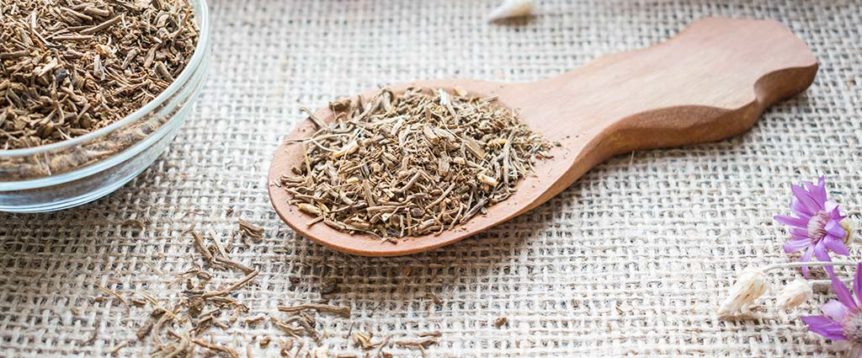Valerian has been used as a medicinal herb since at least the time of ancient Greece and Rome. Its therapeutic uses were described by Hippocrates. In the 2nd century, Galen of Pergamon, a Greek physician, surgeon and philosopher in the Roman Empire, prescribed valerian for insomnia. In the 16th century it was used to treat nervousness, trembling, headaches and heart palpitations. In the mid-19th century, valerian was considered a stimulant that caused some of the same complaints it is thought to treat and was generally held in low esteem as a medicinal herb. During World War II, it was used to relieve the stress of air raids.
In addition to sleep disorders, valerian has also been used for gastrointestinal spasms and distress, epileptic seizures, and attention deficit hyperactivity disorder.
› Health Benefits
In a review of scientific literature, nine randomized clinical trials focusing on using valerian to help with sleep disorders were identified and evaluated. The first study had 128 volunteers who were given 400 milligrams of an aqueous extract of valerian, a commercial preparation of 60 milligrams valerian and 30 milligrams hops, and a placebo. The valerian extract resulted in a statistically significant subjective improvement in time required to fall asleep, sleep quality and number of nighttime awakenings.
A second study had eight volunteers with mild insomnia. There was a statistically significant improvement in measured sleep. This study was too small to generalize results.
A third study examined longer-term effects in 121 participants with nonorganic insomnia. After 28 days, the group receiving the valerian extract showed a decrease in insomnia symptoms compared with those taking a placebo.
Reviewers concluded that the nine studies were not sufficient for determining the effectiveness of valerian to treat sleep disorders. Although some study results suggest that valerian may be useful for sleep issues, there are also studies that do not show this.
› How much do I need?
The dosage varies depending on age and what it is being used for. Be sure to follow relevant directions on product labels, and consult your pharmacist, physician or other healthcare professional before using.
Few adverse events have been reported. Headache, dizziness, pruritus and gastrointestinal disturbances are the most common effects reported in clinical trials.
Women who are pregnant or nursing should not take valerian without medical advice.
› Dietary supplements
Valerian supplements are made from its roots, rhizomes (underground stems) and stolons (horizontal stems). The dried roots are prepared into teas or tinctures, and the dried plant materials and extracts are put into capsules or incorporated into tablets.
Source: National Institutes of Health, Office of Dietary Supplements
Please consult your health care provider before making changes to your vitamin/supplement regimen.


